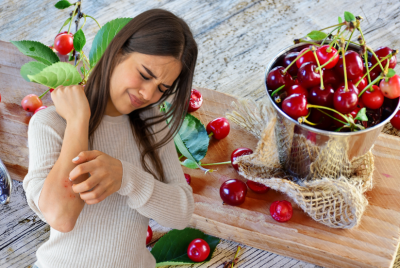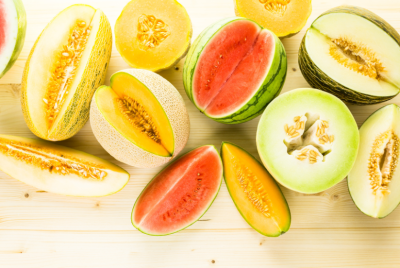Unlocking the Mystery of Herb Sensitivity: What You Need to Know
In today’s world, where health-conscious choices are on the rise, many people are exploring the benefits of herbal remedies and supplements. However, a lesser-known aspect of this journey is herb sensitivity. In this comprehensive guide, we will delve deep into the world of herb sensitivity, addressing key questions and providing you with valuable insights to help you navigate this often-overlooked aspect of herbal wellness.
Herb Sensitivity: Unveiling the Basics
Let’s start by demystifying the term itself. This kind of sensitivity refers to an individual’s heightened reaction or response to certain herbs or botanical substances. Just as some people may have food allergies, others can experience sensitivity to specific herbs, even though they are generally considered safe. This heightened sensitivity can manifest in various ways, such as skin reactions, digestive issues, or more severe symptoms.
Recognizing Herb Sensitivity Symptoms
What are the common signs of the sensitivity?
- Skin rashes or hives
- Digestive discomfort (nausea, bloating, diarrhea)
- Respiratory issues (coughing, wheezing)
- Headaches or migraines
- Swelling or itching
If you experience any of these symptoms after consuming herbs, it’s essential to consider the possibility of this kind of sensitivity.
Understanding Herb Allergies vs. Sensitivities
What’s the difference between herb allergies and sensitivities?
Herb allergies and sensitivities share some similarities, but they are distinct:
- Herb Allergy: Involves the immune system and can lead to severe reactions like anaphylaxis.
- Herb Sensitivity: Typically non-immune related, with milder symptoms that vary from person to person.
Distinguishing between the two is essential for proper management.
Identifying Common Herbs Linked to Sensitivity
Which herbs are commonly associated with sensitivity?
- Echinacea
- St. John’s Wort
- Valerian Root
- Chamomile
- Ginkgo Biloba
Keep an eye out for these if you suspect this kind of sensitivity.
Factors Influencing Herb Sensitivity
What factors can increase this kind of sensitivity?
The sensitivity can be influenced by various factors:
- Genetics: Your genetic makeup may predispose you to certain sensitivities.
- Dosage: Higher doses of herbs may increase the likelihood of sensitivity reactions.
- Interactions: Combining herbs with medications or other supplements can amplify sensitivity.
Being aware of these factors is key to managing your herb consumption effectively.
Managing Herb Sensitivity for a Healthier You
How can you manage the sensitivity?
If you suspect this kind of sensitivity or have experienced symptoms, consider these steps:
- Consult a healthcare professional for diagnosis and guidance.
- Keep a journal to track your herb consumption and reactions.
- Gradually introduce herbs in smaller quantities to assess tolerance.
- Opt for alternative herbs with similar benefits if needed.
Remember, your well-being should always come first in your herbal journey.
FAQs: Your Burning Questions About Herb Sensitivity Answered
FAQ 1: Can herb sensitivity develop over time?
Yes, the sensitivity can develop or change over time. Factors like age, hormonal changes, and overall health can influence your sensitivity levels.
FAQ 2: Are there tests to determine herb sensitivity?
Currently, there are no standardized tests for herb sensitivity. Diagnosis usually involves evaluating symptoms and history.
FAQ 3: Can children experience this kind of sensitivity?
Yes, children can also experience this kid of sensitivity. Parents should be cautious when introducing herbs into their children’s diets.
FAQ 4: Is it safe to continue using herbs if I have sensitivity?
The safety of using herbs with sensitivity varies from person to person. Consult a healthcare professional for personalized advice.
FAQ 5: Are there any herbs with low sensitivity risk?
While no herb is entirely risk-free, some have a lower likelihood of causing sensitivity. These include ginger, garlic, and peppermint.
FAQ 6: Can this sensitivity be outgrown?
In some cases, the sensitivity can diminish or disappear over time, but it varies from person to person.
Conclusion: Navigating Herb Sensitivity with Confidence
Herb sensitivity is a crucial aspect of your herbal wellness journey that deserves attention and consideration. By understanding the symptoms, causes, and management strategies, you can make informed choices that prioritize your health and well-being. Always remember to consult with a healthcare professional for personalized guidance, and don’t hesitate to explore alternative herbs if sensitivity arises. Your journey to herbal wellness should be a path of confidence and vitality, free from the pitfalls of this sensitivity.




